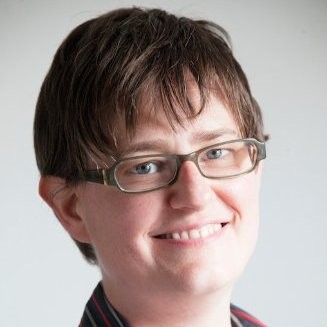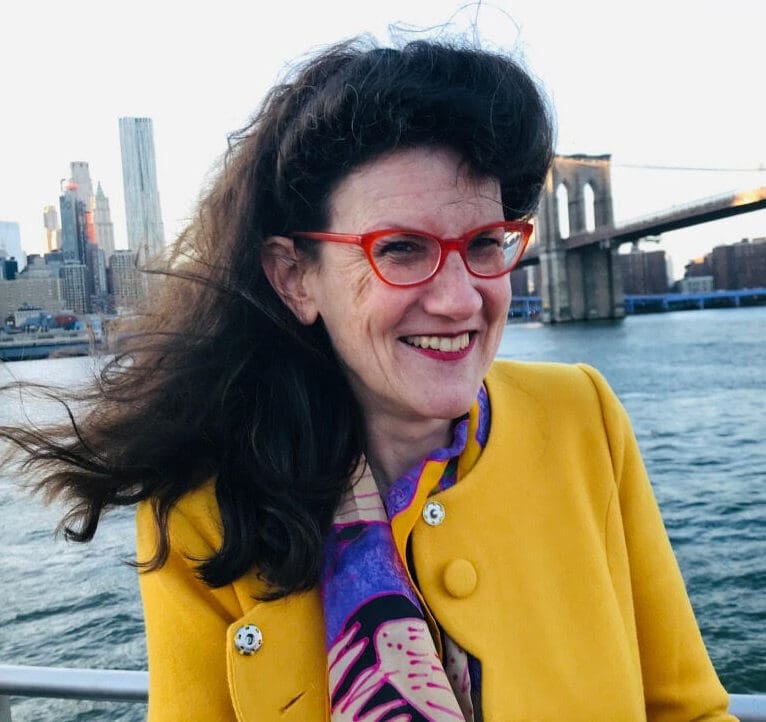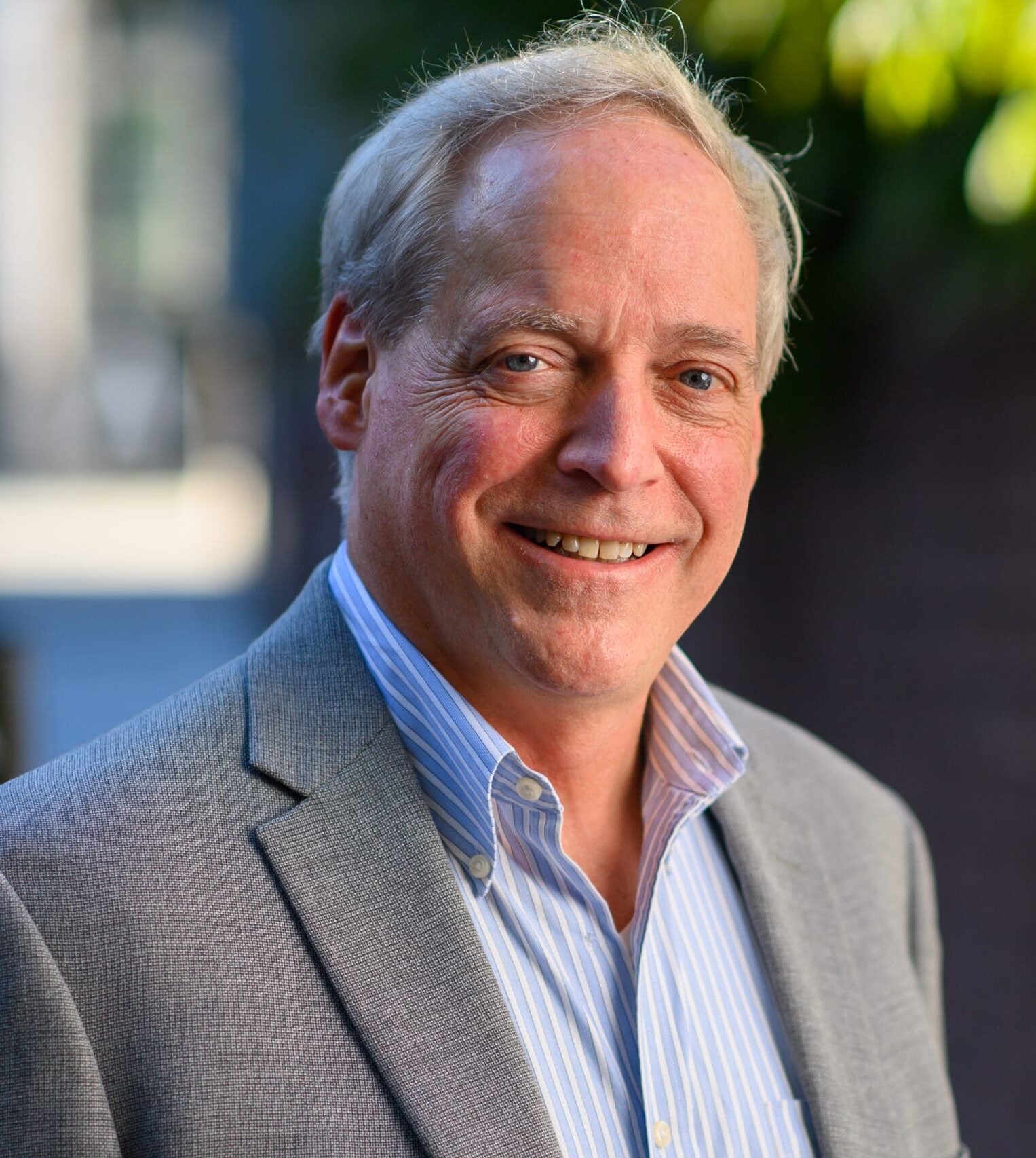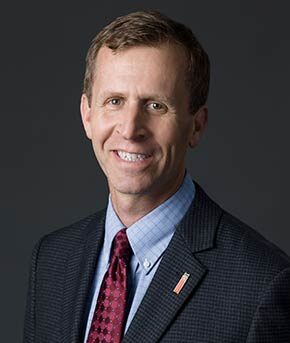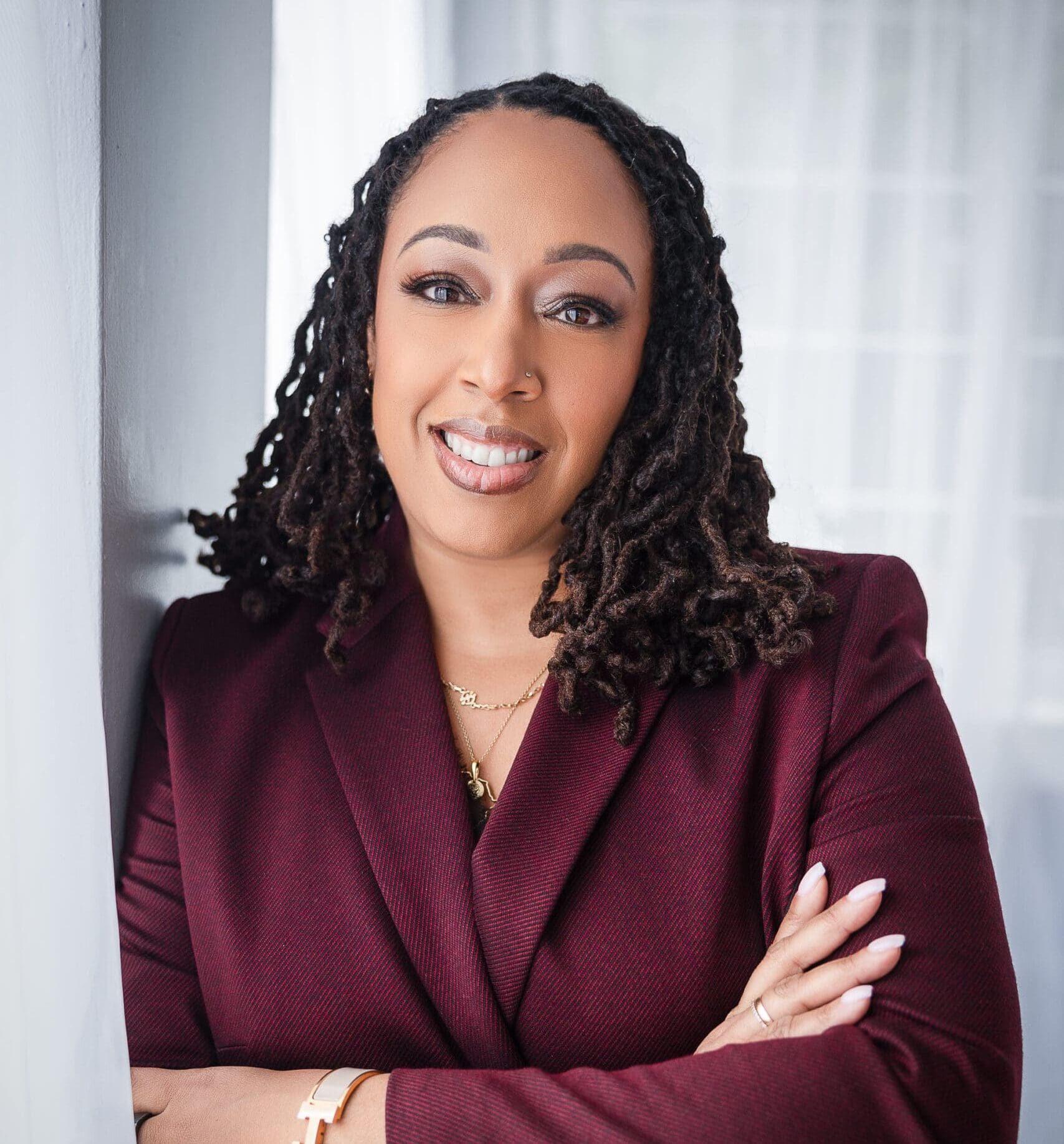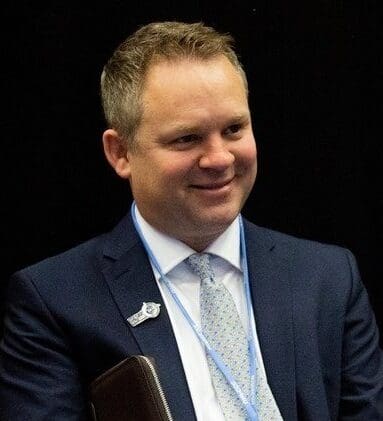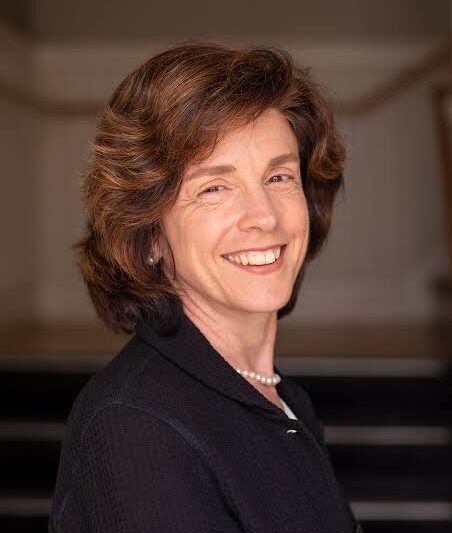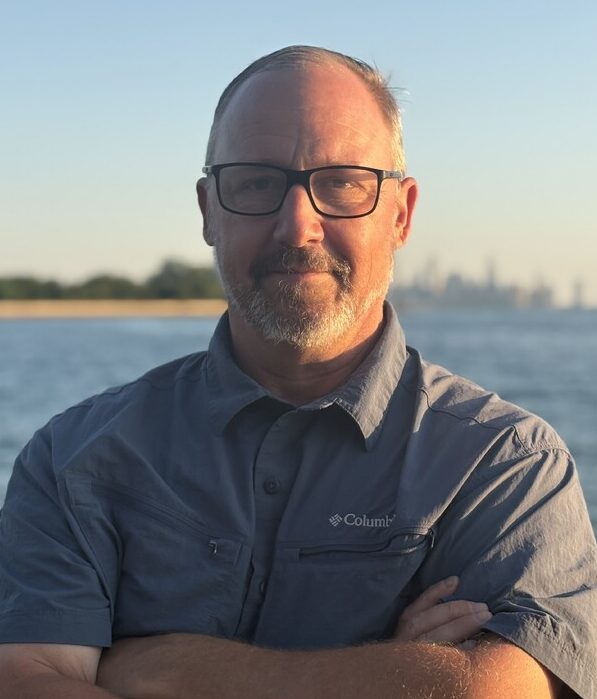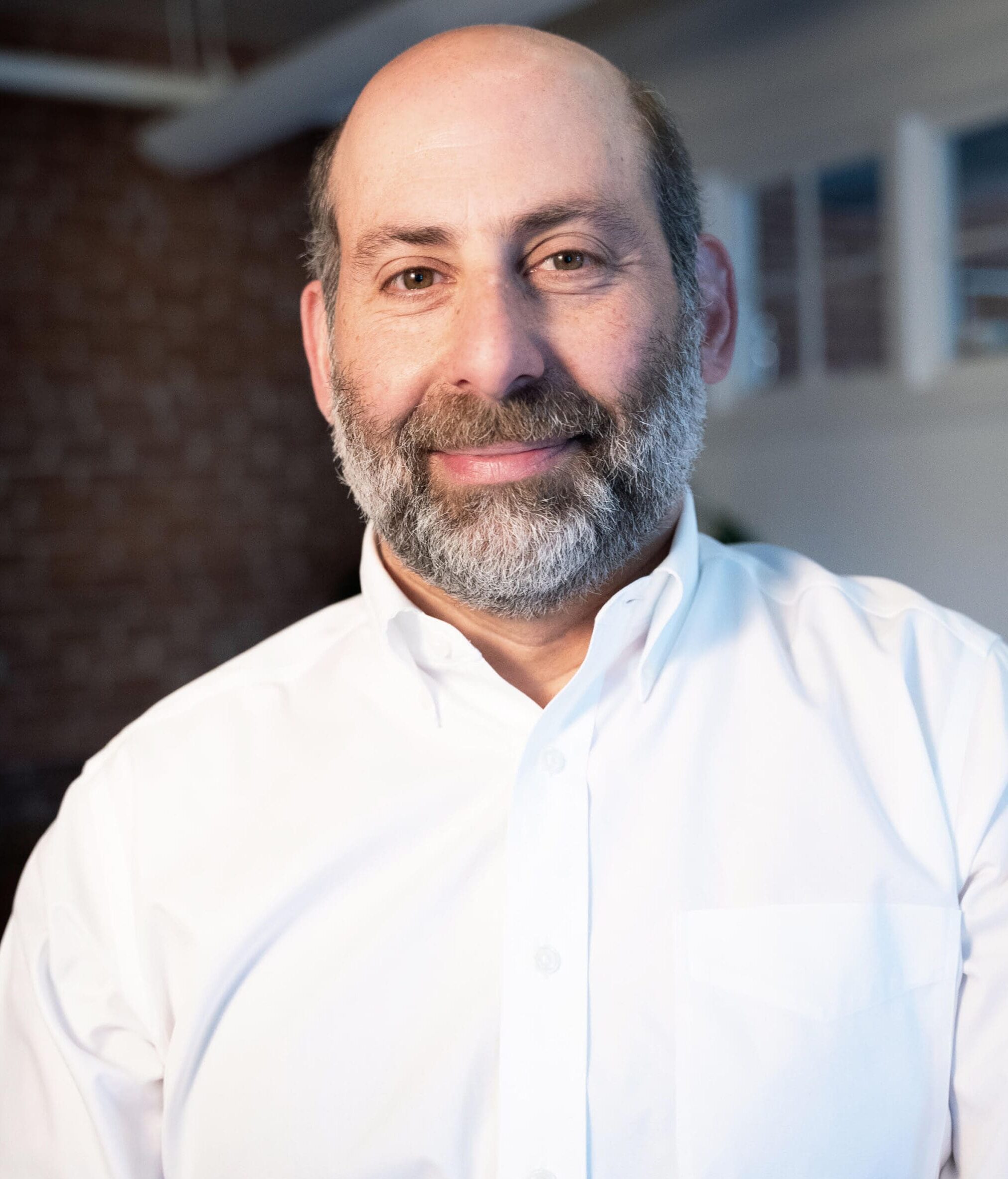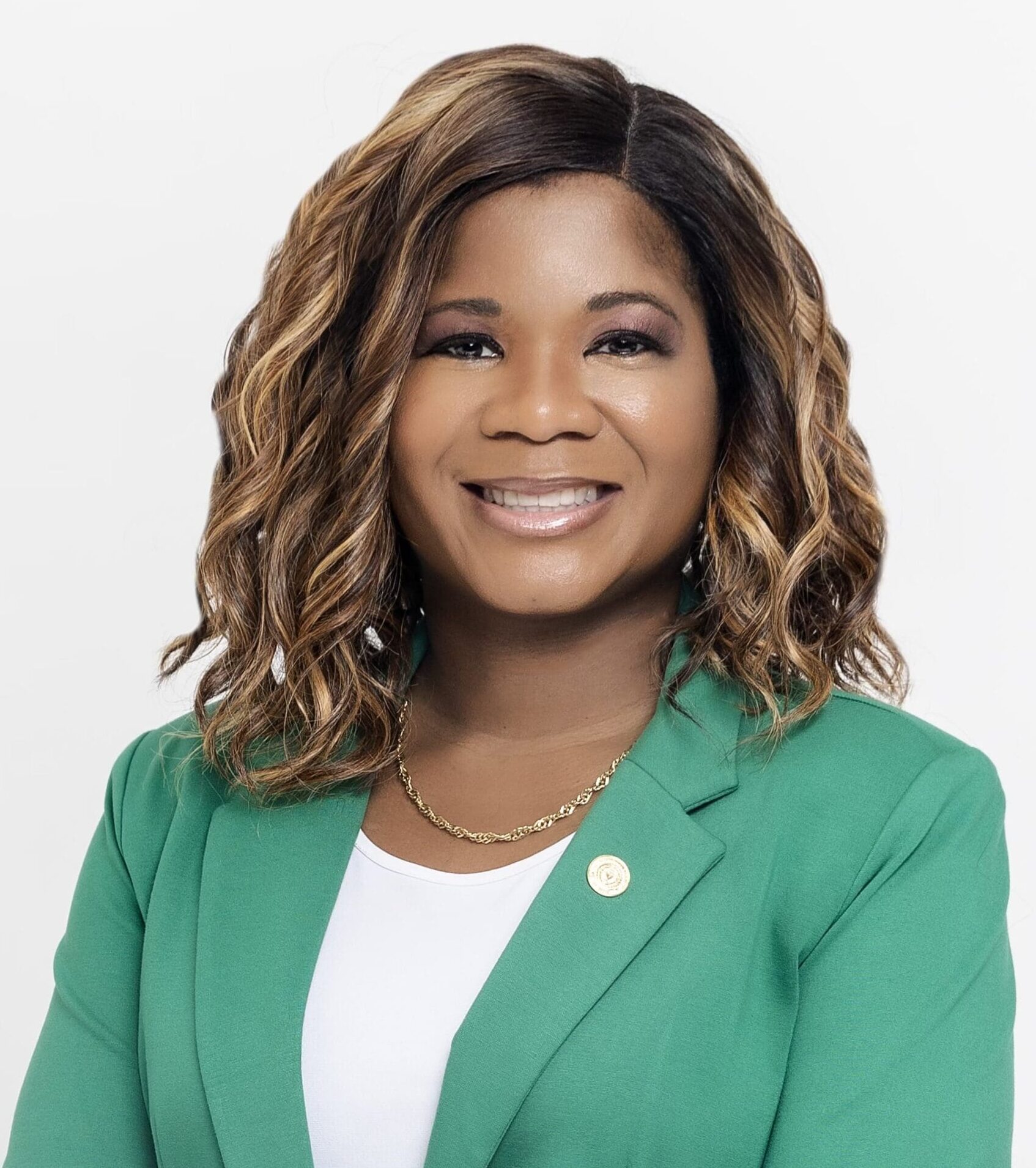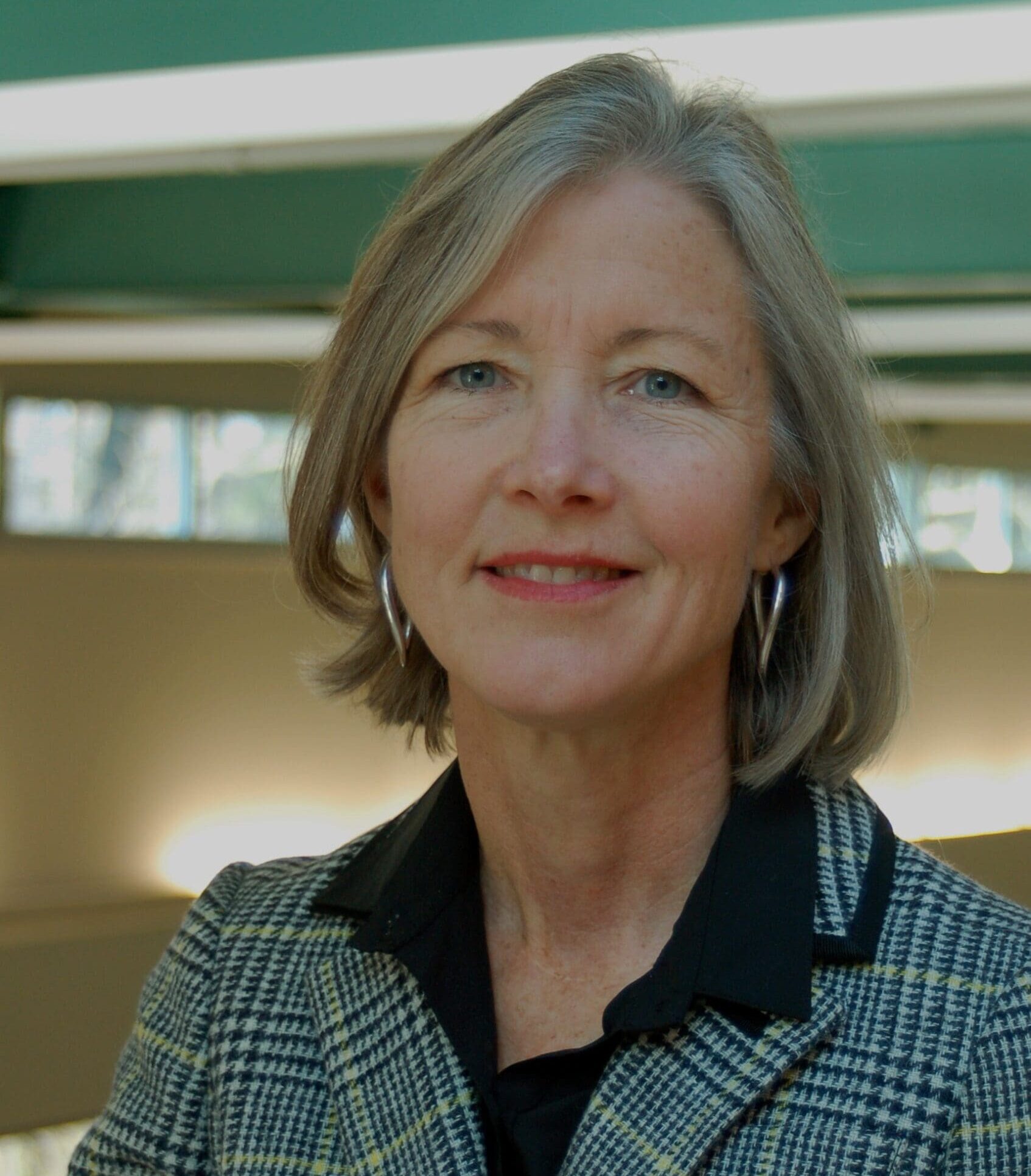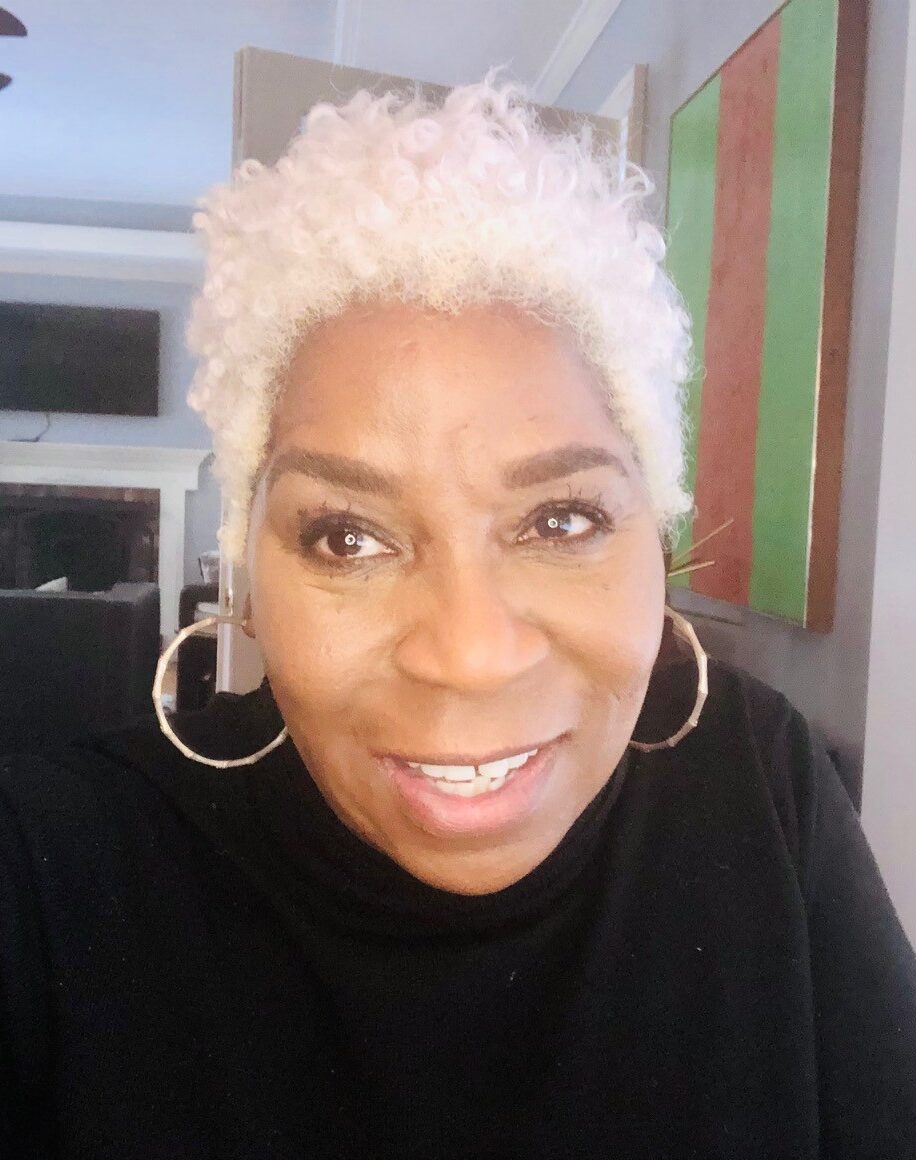You can’t do this alone.
At the most difficult moment in the history of higher education, leaders of colleges and universities must learn from one another and lean on one another.
So must their communicators.
That’s why the Higher Education Leadership Communication Council is convening its first Higher Education Leadership Communication Summit—to share the wisdom and guidance of our field’s leading lights, to help everyone in higher ed leadership comms.
Over these two days of virtual workshopping and open networking, you and your colleagues will:
- Help build a new communication philosophy for these fraught times.
- Gather the new skills and techniques you need now.
- Make collegial connections that will sustain you throughout these next crucial years of your career.
Insightful sessions. Incisive conversations. Intimate networking chats.
Higher ed leadership communicators, let’s stop stumbling through this moment alone. Let’s begin walking through it together.
AGENDA
(All times Eastern)
THURSDAY, DECEMBER 4
11:00-11:45 • A President and Her Comms Chief Survived These Last Hard Years Together—and Now They Prepare for the Next
When Maud S. Mandel took over as Williams College president in 2018, her chief communications officer Jim Reische was already in place. Together, they navigated through COVID, George Floyd, January 6, October 7 and the Trump administration’s attacks on higher ed. Along the way, they articulated a broadly influential “unstatement” about presidents’ leadership statements; they developed communications related to heated campus protests; they co-taught a course on communications and leadership; and they even hosted the founders’ meeting of the Higher Education Leadership Communication Council. Most important, they used communications to create a presidential persona: one that helped hold the Williams community together through many difficult moments. Their collaboration included much give and take, emotional and intellectual—and culminated in Reische’s (happy) retirement as CCO, but ongoing role as special advisor to the president for communications. President Mandel and Advisor Reische join us to describe their profound journey in leadership communication—past, present and future.
11:50-12:15 • If You Ran the Circus: Lessons from a Comms VP-Turned-Chief of Staff
Every presidential comms pro knows that the skeleton key to success in this business is a productive relationship with the chief of staff. Well, Colgate University’s longtime comms VP L. Hazel Jack has a great relationship with her chief of staff—because she became her president’s chief of staff two years ago. She’s eager to describe the day-to-day reality of this role and tell what she’s learned about what chiefs of staff and communicators ought to expect of one another—and themselves—to serve the president best.
12:20-12:40 • About Presidents’ Statements: Institutional Restraint, in Policy and Practice
Like every other high-profile school over the tumultuous last half-decade, Johns Hopkins and MIT have struggled to decide which matters its leaders should comment on, and when its leaders should stay silent. At JHU, Senior Director of Leadership Communications and Engagement Rachel Dawson and the communication team collaborated methodically with many major players across university leadership over many months, to create a policy of restraint, “limiting our statements to those occasions where an issue is clearly related to a direct, concrete, and demonstrable interest or function of the university.” At MIT, Special Assistant and Communications Advisor to the President Martha Eddison has found innovative ways to dramatically cut down the number of statements her boss was issuing. Rachel and Martha will teach us what they’ve learned—by process, and trial and error.
12:45-1:30 • Ready, Set, Raise Money: The President’s Role in Philanthropy
It seems that every institution is doing, or about to kick off, a major, multi-year philanthropic campaign. The president’s voice is critical every step of the way, but fundraising isn’t always an area where they feel comfortable. In this session, Karen Wing and Christina Cook, who have helped presidents lead fundraising campaigns at numerous schools will teach by way of examples, how to: develop and articulate the key pillars and priorities of the campaign; cultivate long-term donors; express “why here, why now, and why us” urgency for financial support at a high level; thank donors in a way that reinforces their connection to the institution; deal with political differences/views with donors; and more.
1:30-2:30 • Facilitated Peer-to-Peer Conversation with Council Member Advisor Mike Field and Co-Founders Jim Reische and David Murray
Let’s all debrief together—sharing candid reactions, asking questions and solving problems, with the only other people in the world who understand: our fellow higher ed leadership comms colleagues.
FRIDAY, DECEMBER 5
11:00-11:45 • AI, and You: How You Should Be Using AI—and How You Shouldn’t—in Higher Ed Leadership Communication
Especially in higher ed, self-respecting writers have not gone gentle into AI. But this technology is here to stay—and if you are too, you’ll figure out how to use AI to do smarter, better, faster work—while keeping the essential humanity of this work. This fall, Brent Kerrigan led the groundbreaking webinar, “AI for Speechwriting and Executive Communication” to exec comms pros across all sectors. Now he gives us an executive summary of what he taught, what he learned … and what higher ed leadership communication pros need to know now.
11:50-12:15 • Commencement Speeches, Now: Why They’re Vital, How to Make ‘Em Great (and Why You—Still—Must)
Longtime University of Florida speechwriter Aaron Hoover loves commencement speeches: Reading them, writing them—and talking about them, to fellow higher ed leadership comms pros. But it’s harder than ever to write a good one, with scribes having to overcome not just insipid themes and cliched language, but also poisonous politics and advancing AI. Join the author of the definitive Professional Speechwriters Association white paper on commencement speechwriting in a conversation about how to write a great commencement speech for these unsteady and unsteadying times.
12-20-12:40 • The Closest Thing to a Communicator’s Crystal Ball: How to Prep Yourself and Your Leaders for What’s Next
The last few years in this business have been unpredictable to say the least. But better than most higher ed communicators, Wesleyan communications VP Renell Wynn has prepped her president and board of trustees going into every academic year, via a “Reputation and Issues-Management” document. She’ll share a sample of the format and give you a sense of the substance, and help you consider: Should you create a similar document, for your leadership?
12:45-1:30 • Happy Warriors’ Brigade: A Conversation Among Higher Ed Leadership Comms Pros Who Have Overcome
At Penn State, Karen Wing lived through the Jerry Sandusky scandal, which included the ousting of that school’s legendary football coach and the president she served. At Howard University, Jackson State and now Florida A&M, Alonda Thomas has survived more, and more types, of crises in the last seven years than most communicators do in whole careers. Higher Education Leadership Communication Council Member Advisor Mike Field—who has lived through plenty of troubles of his own over more than three decades in higher-ed leadership communications, at Johns Hopkins and Penn—will moderate a conversation on how this too shall pass (and how to make it to the other side intact with your mind, body, soul and integrity intact).
1:30-2:30 • Facilitated Peer-to-Peer Conversation with Council Member Advisor Mike Field and Co-Founders Jim Reische and David Murray
Let’s all debrief together—sharing candid reactions, asking questions and solving problems, with the only other people in the world who understand: our fellow higher ed leadership comms colleagues.
SPEAKERS
REGISTER
$795 to register for the Higher Education Leadership Communication Council's Higher Education Leadership Communication Summit, December 4-5, 2025. ($596 for members of the Professional Speechwriters Association. Discount is automatically applied to cart when current members are logged in.)
$1995 team rate (up to 5 team members total - please enter team member emails in the Order Notes so that they also receive credentials). For teams larger than 5, please inquire at [email protected].
Credentials to access the event will be sent the week of November 17.
A link to view the session recordings will be available shortly after the Summit concludes, and accessible anytime through the end of January, 2026.
Phone registrations please call 312-585-6383.
Cancellations Policy
No refunds on cancellations will be issued once the event credentials have been provided.
Price range: $795.00 through $1,995.00





